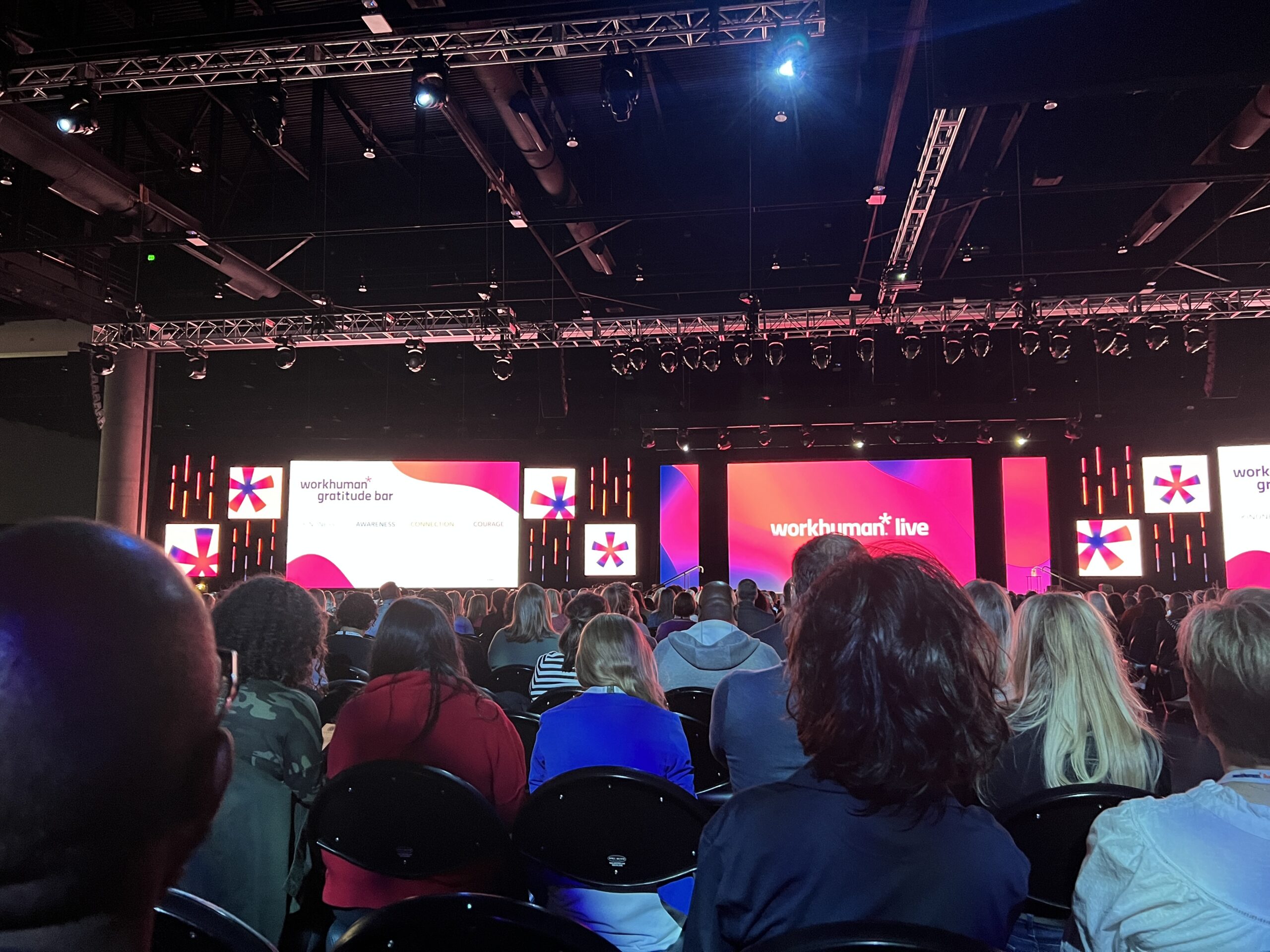
There are a few highlights that stand out as extra relevant and helpful as we work with our clients to develop inclusive cultures, and to Make Work Awesome.
Workhuman Live is an annual event held by Workhuman. It brings together leading HR practitioners, executives, advocates, and industry thought leaders to tackle work’s toughest challenges and come away with ready-to-implement insights to make work more human.
You know when we start talking about making work more human, I’m in!
This is the one event every year that I strive to clear my calendar for so that I can be reinvigorated and inspired. This year was the first time since the pandemic that I’ve been back, and it did not disappoint!
As HR leaders everywhere are working to create inclusive, equitable organizations, there were a few key take aways that stood out from WorkHuman live that can help you take action.
Workhuman Software to Elevate Equity and Inclusion
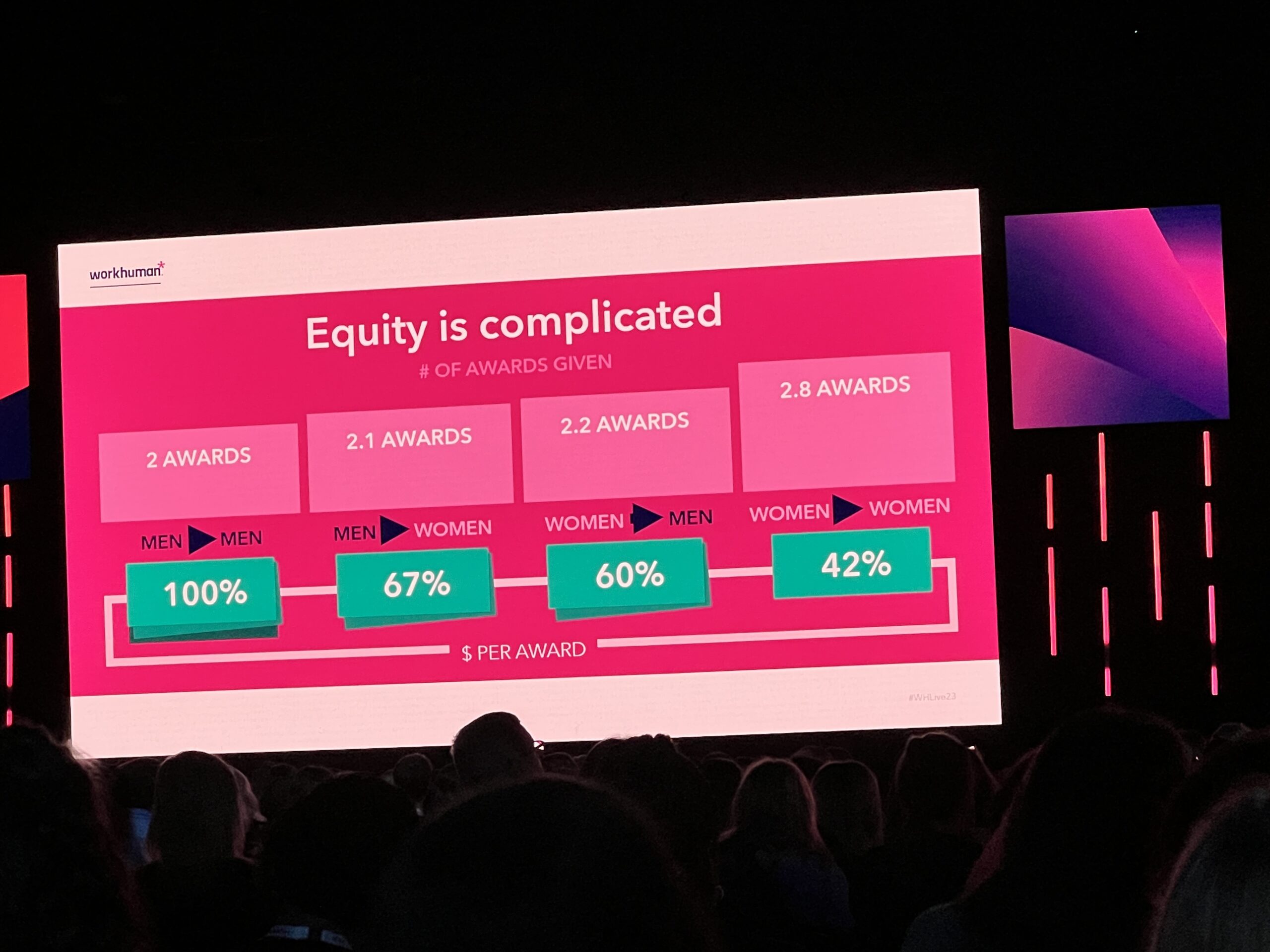
Equity and Inclusing in Job Postings
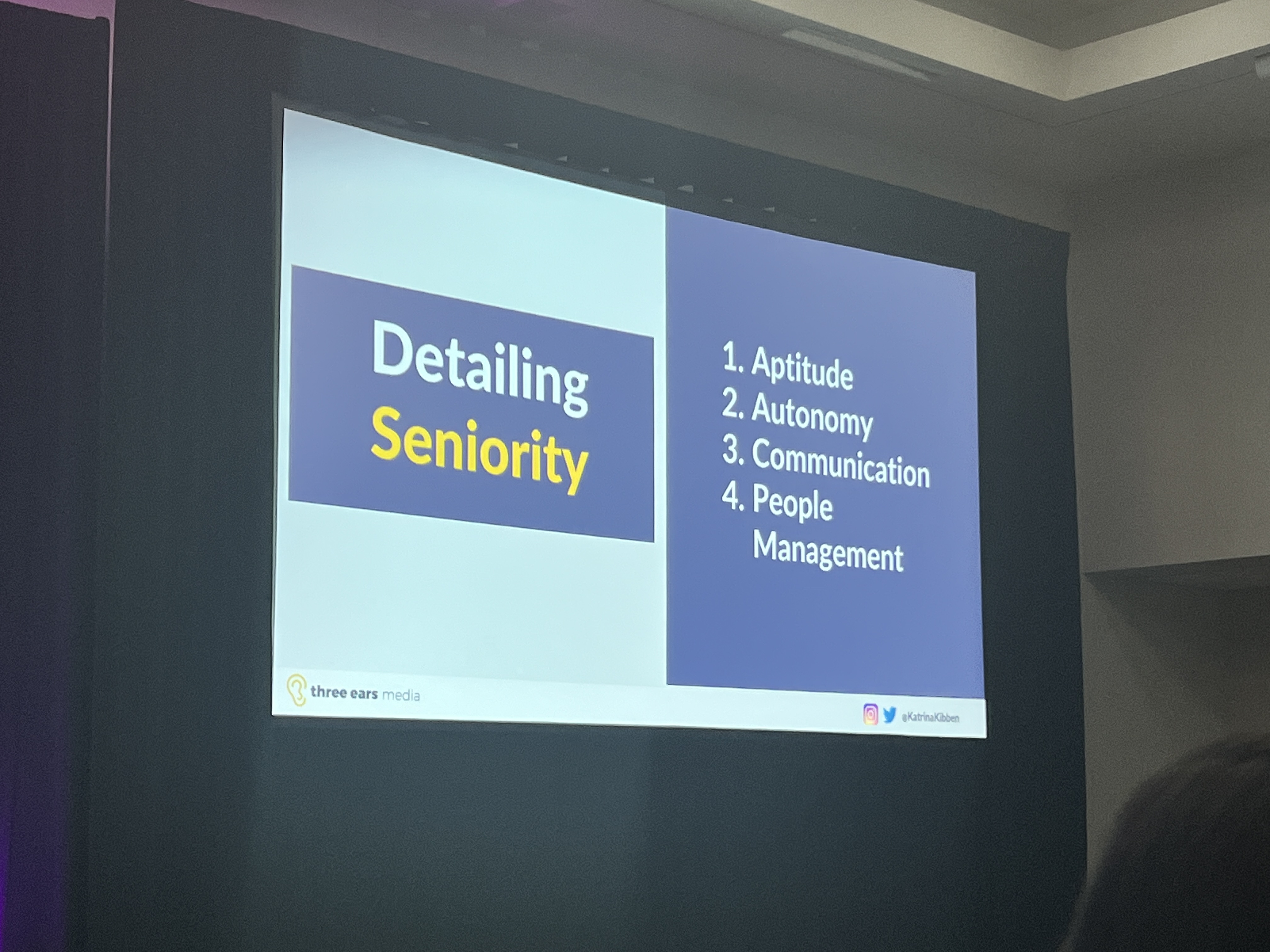
When it comes to how to ensure equity and inclusion in your hiring practices, Kat Kibben is THE go to expert. Their Workhuman live session was full of actionable ways to make job postings more inclusive.
For years, we’ve been “requiring” X years of experience in various roles or responsibilities as a regular part of our job postings. Kat challenged this as non-inclusive, and gave us a more equitable approach to use when looking for experienced candidates:
Instead of asking for years of experience in a role, be specific about what the role actually requires, including:
- Aptitude – what can you do with this tool / resource / technology?
- Autonomy – are you expected to do it on your own or with guidance / supervision?
- Communication – who will you be communicating with?
- People management – will you be managing people?
Kat gave clear examples and invited us to download their free job post rewrite ebook – check it out here!
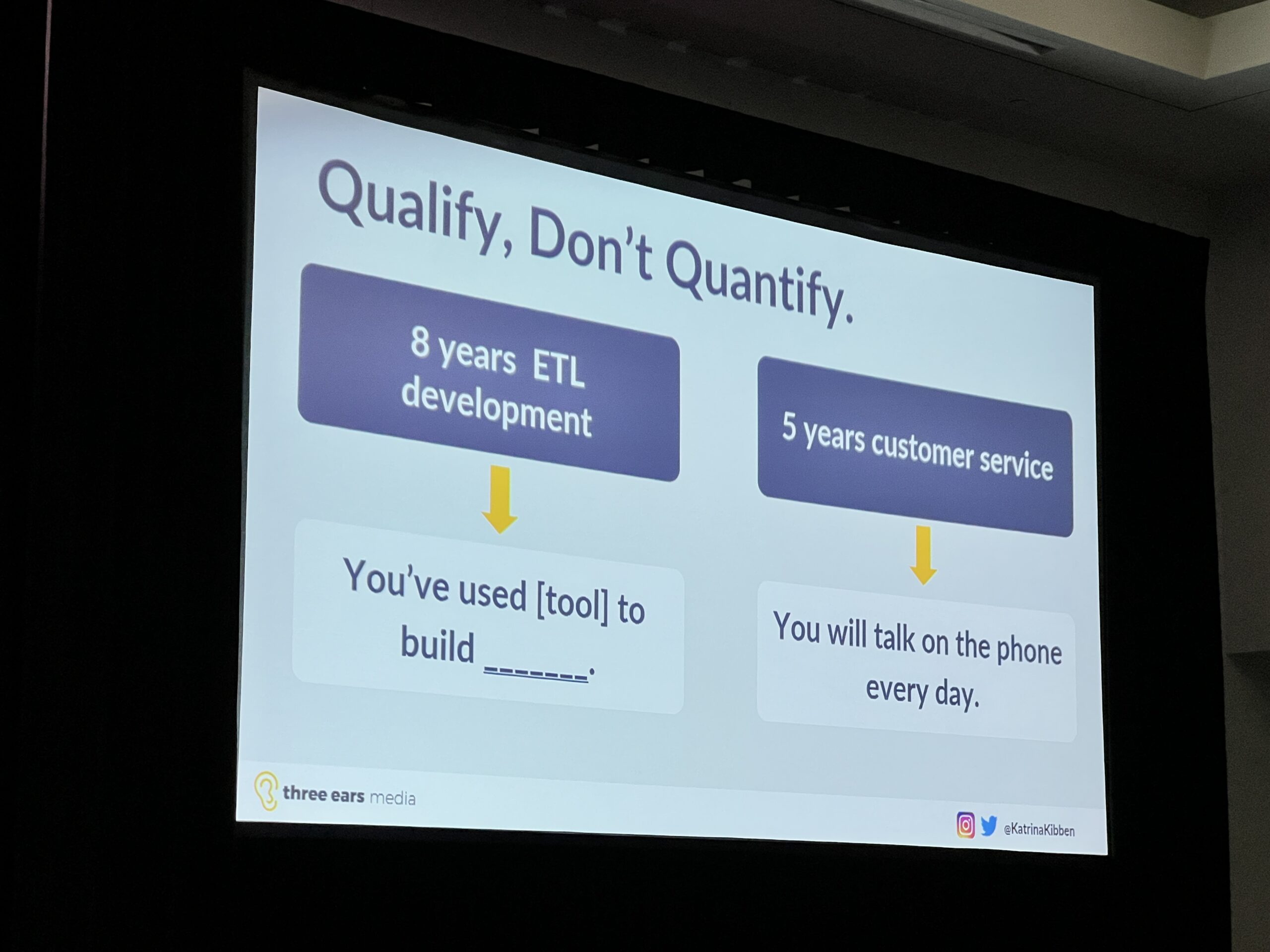
I think the thing that truly stood out from Kat’s talk was when they described the research they and their team have done, into 100 years of job postings:
“Job postings have traditionally been used to keep people out, not invite them in.”
BOOM. Seriously, how true is that?
One of the examples Kat gave was that in the 1960s, a requirement for a college degree became a common part of job postings. People of colour were unlikely to be able to fulfill this requirement, so that was a way of keeping people out.
And how can we, as HR professionals, disrupt that traditional approach. For starters, delete those college degree requirements. Instead, ask:
What does the person with the degree know that the person without the degree doesn’t know?
Hire for that specific knowledge instead.
“Professional Troublemakers” and Diversity and Inclusion
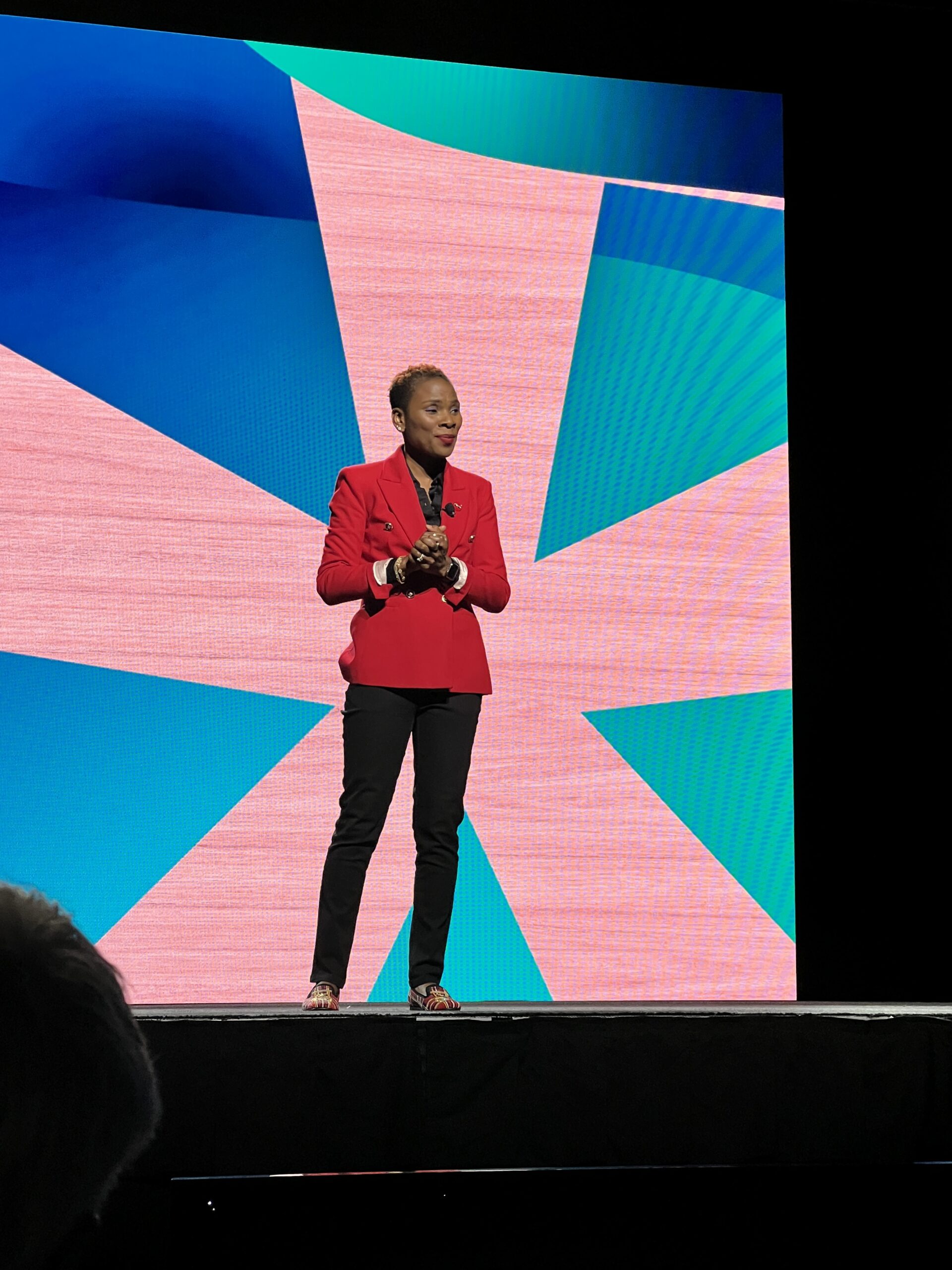
When it comes to diversity of thought and ensuring everyone can speak up and feel included, “professional troublemakers” are key.
Professional troublemakers are those people who speak up when they disagree with a decision. They question why we’re doing something. They operate with transparency and authenticity.
We need professional troublemakers on our team if we want diversity of thought and to understand different perspectives. They help us make better decisions.
The problem is that most people don’t speak up in the meeting. For one of 3 reasons that Luvvie outlined, we often hold back. Here are the three reasons and a question to consider if you fall into one of these categories:
“Not my department”.
These people think someone else will or should speak up, that it’s not their responsibility.
If you fallinto this category, ask yourself, “How much closer could you be to being someone who makes a positive change?”
We all have opportunities every day to take small actions that can affect larger changes.
Fear of consequences.
The fear of speaking up is a real fear, especially for people on the margins.
We need to consider if and how our culture is safe for diversity of colour, tone, style, and body language.
For most of us, especially those of us with power and privilege, it’s unlikely there are true consequences of speaking up.
Ask yourself, “Is it likely, or am I just afraid of discomfort?”
“Why is it always me?”.
Professional troublemakers often run into people after the meeting who tell them, “thank you for saying that. I was thinking it, too!” But in the room, these people stay silent.
If you find yourself agreeing siliently, ask yourself, “If I don’t feel comfortable being the troublemaker, can I be the 2nd or 3rd?”
Luvvie cautioned that no room should only have one professional troublemaker.
If you’re a leader, Luvvie suggested pausing regularly to ask,
- “Is this all good?”
- “What questions do you have?”
- “What challenges will there be?”
In our work with teams, we suggest nominating “red teams” who are given explicit permission to poke holes in your plans or projects, so that professional troublemaking becomes a part of your job.
On a personal leadership note, being a Professional Troublemaker helps you to live and lead in integrity. If you leave the room and don’t say or do anything, Luvvie challenges us to ask ourselves:
“Will my silence (or inaction) convict me?
Luvvie was my personal favorite speaker at Workhuman Live. Having been a Troublemaker in the past, suffered some consequences but survived, I can definitely see what holds people back, and the value that speaking up brings.
We’ll be in Austin, Texas.
Stay tuned for more info!
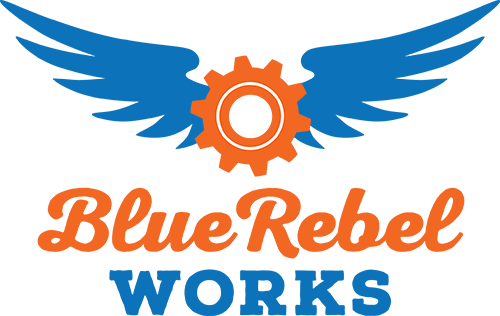
Recent Comments